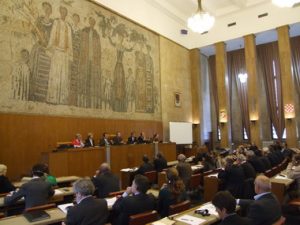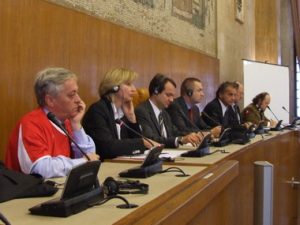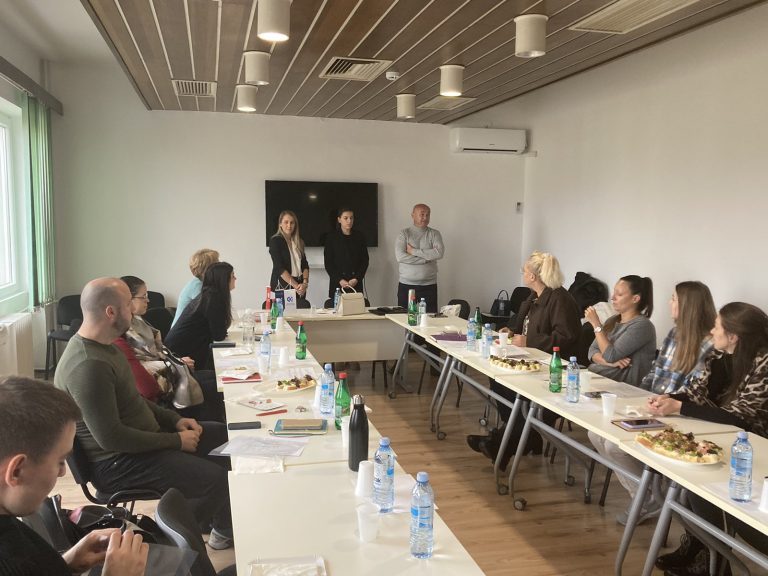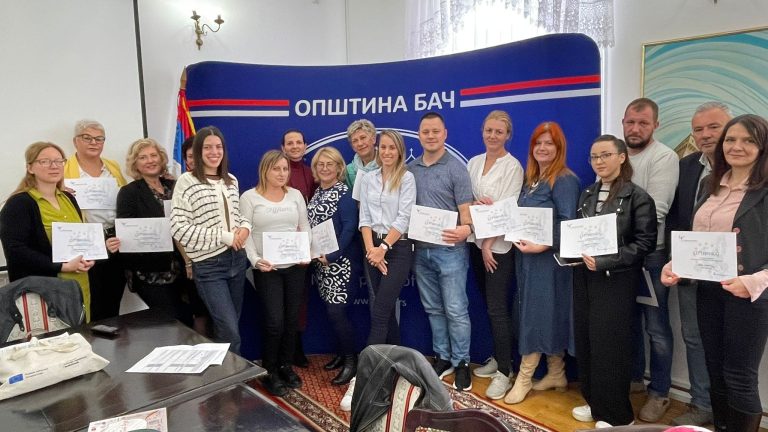Italians support Serbian clusters
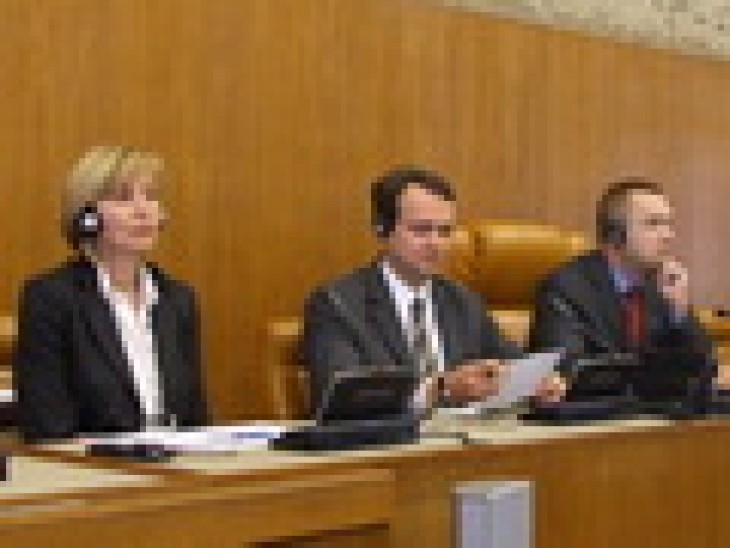
Novi Sad, 29 September – The Closing Conference on partnership between Serbian clusters and Italian industrial associations has been held, organized by the Office for European Affairs. The President of the Executive Council of Autonomous Province of Vojvodina, Bojan Pajtić, PhD, held the opening speech. The program resulted from the bilateral cooperation between the Department of Development and Cohesion Policy of the Italian Ministry of Economic Development and the Ministry of Economy and Regional Development. The GIFIP (Integrated Governance of Clusters) Project contributed to the increase in competitiveness of Serbian companies forming sector clusters.
President Pajtić emphasized the importance of cooperation with Italian businessmen, who provided two-year training for our businessmen in how they should organize themselves, apply European standards and how their production could be compatible with the economy in Italy and other western European countries. According to Pajtić, PhD, Vojvodina is a region with the most rapid and intensive economic development, moreover, a leader in regional cooperation.
”We wish to continue establishing relations between our businessmen and Italian ones, since Italy is one of our most important foreign trade partners, and this partnership involves not only the exchange of goods and services, but also the creation of preconditions for investment in our country”, said Pajtić, PhD .
He reminded that trade policy in Serbia is very favorable for foreign investors, and in comparison to other countries in the region, we have a large number of qualified workforce. The President of Government of Vojvodina emphasized that our country is increasingly investing into infrastructure and developing standards to meet the requirements of foreign investors. He added that therefore, Vojvodina is the most interesting investment area in this part of Europe, which can be proved by the fact that a lot of foreign investors has come and remained here.
Zorica Marić, Head of Department for Cluster Policy of the Ministry of Economy and Regional Development, talked about the significance of cluster implementation. Clusters are organized efforts to change the existing branch into a new, dynamic, competitive and strong one, which could produce higher ‘added-value’ products, and which could compete both in internal and foreign markets. Zorica Marić also emphasized the importance of public-private partnership in cluster development, not only through initial small projects, but also through those requiring substantial investments.
The representatives of Italian regions expressed their expectations that successful cooperation would continue in the future as well, which has been confirmed in particular by Ugo Poli, Director of GIFIP Project. He also announced a new large project on clusters in the Danube-Adriatic region, in which Italy, Slovenia, Croatia, Hungary, Montenegro and Serbia are to participate. According to Poli, the project aims at increasing economic integration into chains of production companies operating in the most important industrial sectors in this part of Europe. The Italian partners indicated that the areas most suitable for cooperation are agri-foodstuffs industry, agritourism, wood processing and furniture production, metal processing, flower breeding and production.
